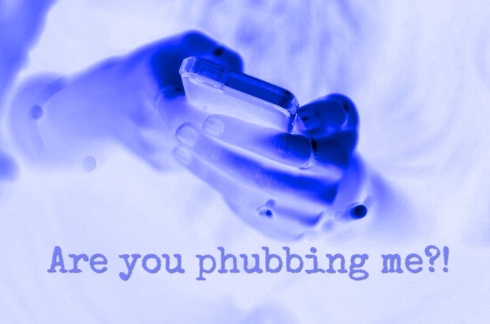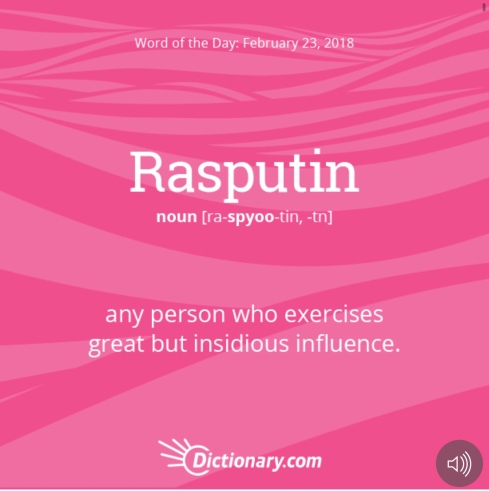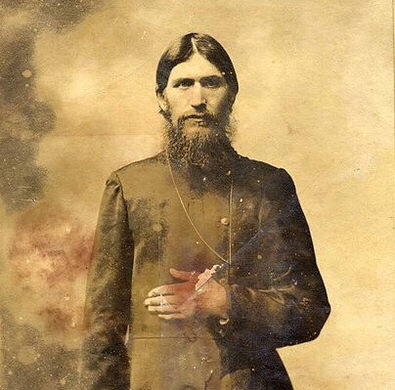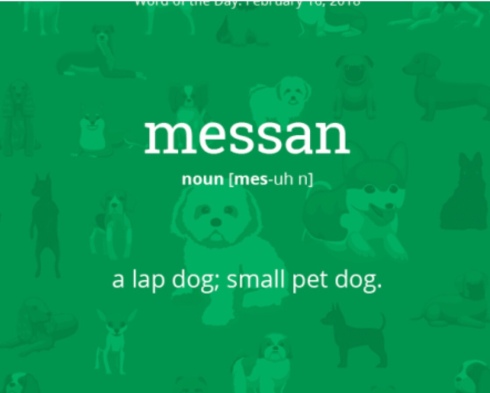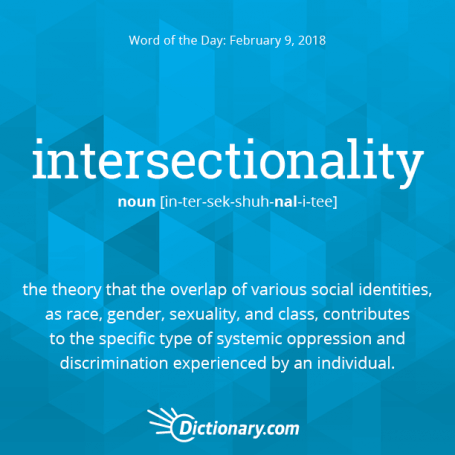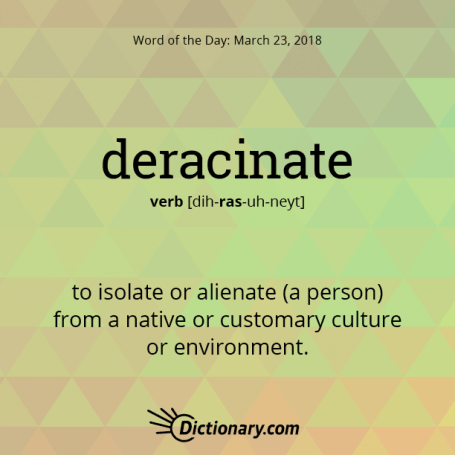
Today’s word of the day at dictionary.com deracinate is a new one for me even though I am very familiar with the concept of being deracinated.
Deracinated means: to pull up by the roots; uproot; extirpate; eradicate, to force (people) from their homeland to a new or foreign location, to isolate or alienate (a person) from a native or customary culture or environment, o liberate or be liberated from a culture or its norms.
It originated in the 1590’s from the French word, déraciner, “to pluck up by the roots”, from Old French desraciner, “uproot, dig out, pull up by the root”, which which is linked to the Latin des- and racine, “root”, from the Late Latin, radicina, a diminutive of the Latin word, radix “root”.
Whether we’re talking about plants deracinated by the roots from the ground or people deracinated from their homeland, it is an unsettling word. Its very tone and tenor sounds harsh when I say it out loud. One can’t help but feel empathy for the deracinated. No one likes to be plucked from the roots and “liberated”, unless, of course, it is their idea in the first place. However we find ourselves plucked, there is a certain element of the unknown lurking in the shadows.
Even liberated, a synonym of deracinated, is a tricky word. I remember the first time I learned of a colleague’s firing. The management explained that “so and so” had been liberated from said company to pursue new opportunities. It almost made me feel hopeful and happy for my former co-worker. Liberated did not adequately describe the reality of the situation. No income, no benefits, unemployed. That does not sound liberating to me. but deracinated? Oh yeah…that’s the word for it. It’s a good word. An honest word. Deracinated is not a thing I’m eager to experience. It smacks of change after all, and who likes change? But it’ not necessarily a bad thing. Some people choose to deracinate themselves. And in that case, it is very liberating. At any rate, it is a word I am glad to know. For now, I’ve plopped it into a few haiku. Have a great Friday.
Deracinate
diversity’s extolled,
peace kept, deracinated
by don’t ask don’t tell
deracinated
by war and terrorism
they’ve no place called home
beautiful roses
deracinated from beds
wilt in sterile urns
expats are expert
at deracination to
assimilation
~kat

